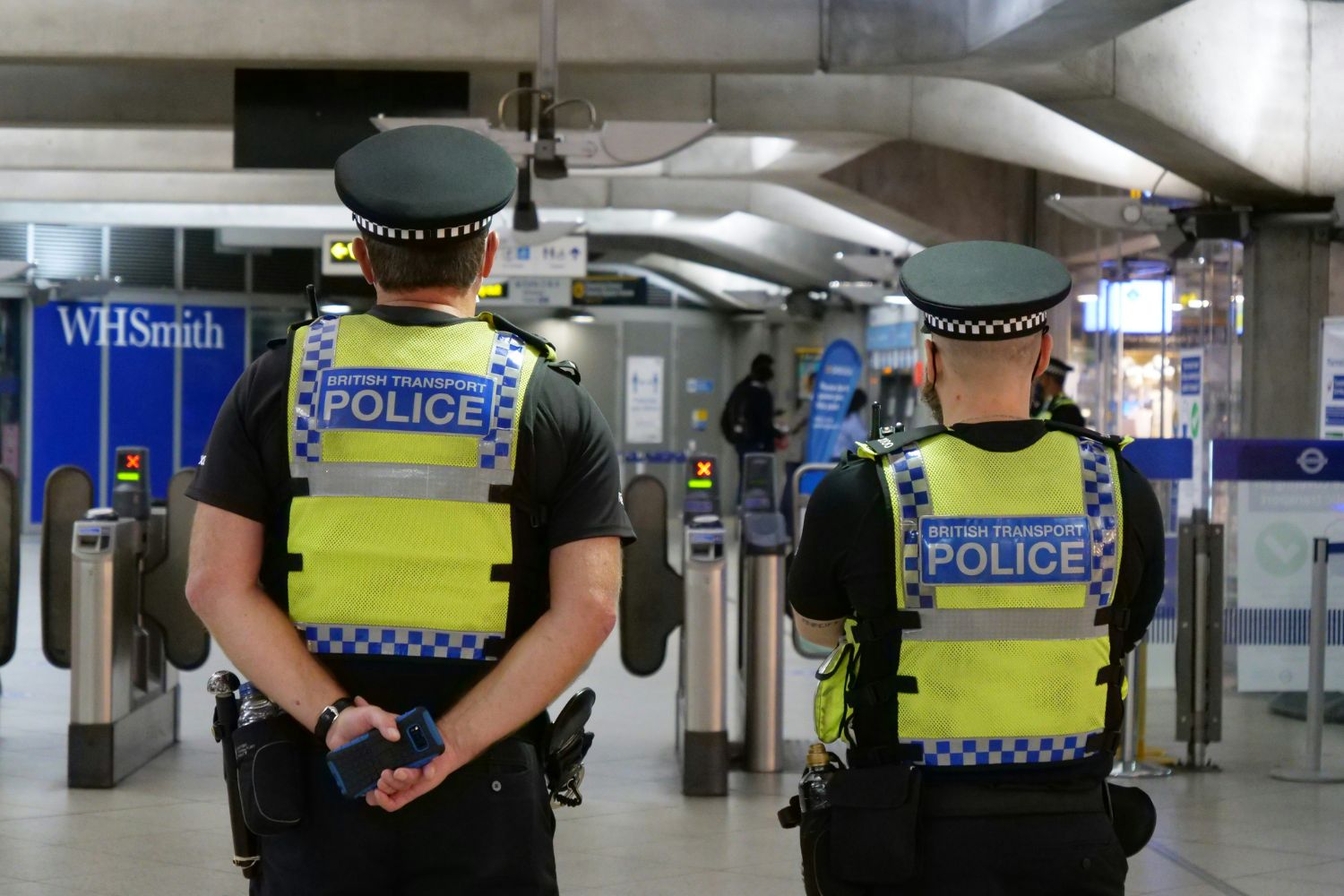Mind the gender gap – Met police least trusted by women


Photo by Ethan Wilkinson on Unsplash
- Women living in London trust the police less than in anywhere in the UK
- Across England, confidence lowest among women and ethnic minorities
- Tory voters more trusting of police
Across all England’s regions, a study published in the peer-reviewed journal Policing & Society spotlights London’s Metropolitan Police as the area where women trust the least.
Researchers surveyed more than 8,000 men and women between July 2022 and September 2023 and found women generally trust police more than men. But among the nine English regions surveyed, compared with men, women’s trust is at its lowest in London.
It comes after a 2023 investigation triggered by outrage at the rape, abduction and murder of Sarah Everard by a serving officer, uncovered hundreds of other incidents of violence against women by serving Metropolitan Police Officers.
“Baroness Louise Casey ran an investigation into the Met, and she issued a scathing report, saying drastic action was needed,” said Brunel University London Honorary Professor, Steven Pickering. “But our research suggests that public trust in the Met is even lower than Baroness Casey found. This is especially pronounced among women and ethnic minorities.”
Trust in the police is crucial for a stable society, but it’s not the same for everyone. Some feel safer than others depending on factors like age, race, income, politics and past brushes with the law. Older people have higher levels of trust in the police, researchers found, while ethnic minority people have significantly lower levels of trust. And people from ethnic minorities living in the North East trusted police markedly less than anywhere else in England.
Country-wide, average levels of trust in the police were highest in the East Midlands, South East and South West and lowest in London, the North East and North West. And Conservative voters and people living in Tory constituencies also have significantly higher levels of trust than non-Conservatives.
Baroness Casey’s report highlights poor recruitment, vetting and management in the Met and researchers think they may have had a different result if they’d done the same study a decade earlier. ‘Regrettably, events involving women and the Metropolitan Police, especially the murder of Sarah Everard, the overreaction by the police on vigils related to this and numerous other negative events,’ they note, are crucial in considering trust in the police.
While the Met says itself, its vision is ‘to be the most trusted police service in the world,’ in 2023, more than 1000 Met officers were suspended or on restricted duties for allegations including violence against women and girls, sexual violence and domestic violence, according to figures from the BBC.
“Our findings suggest that the task ahead of the Met police is monumental,” said Prof Pickering, a political scientist. “Some of the factors are national problems, such as the lower trust amongst people with an ethnic minority background, while other factors are an issue for the Met alone, such as the clear problem for the Met in re-establishing trust among women.”
The study goes on to question whether Met leaders and the Mayor of London accept that the force has a problem with women.
“Overall, our results suggest that there is significant work ahead for police forces generally in England with regards to restoring trust in the police among ethnic minority citizens and in London especially also among women.”